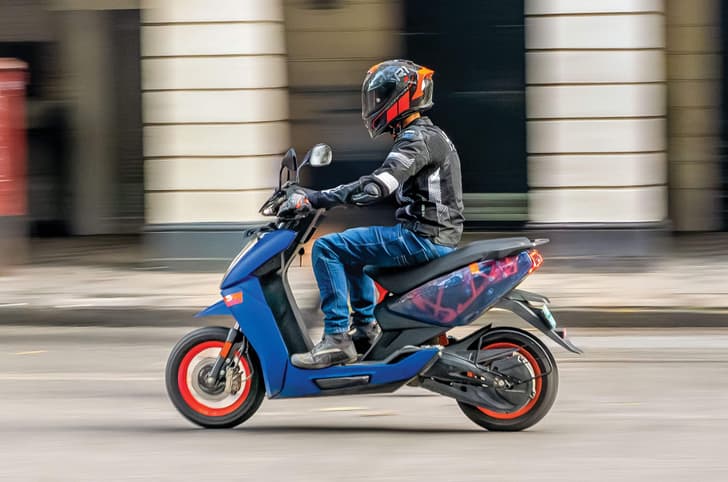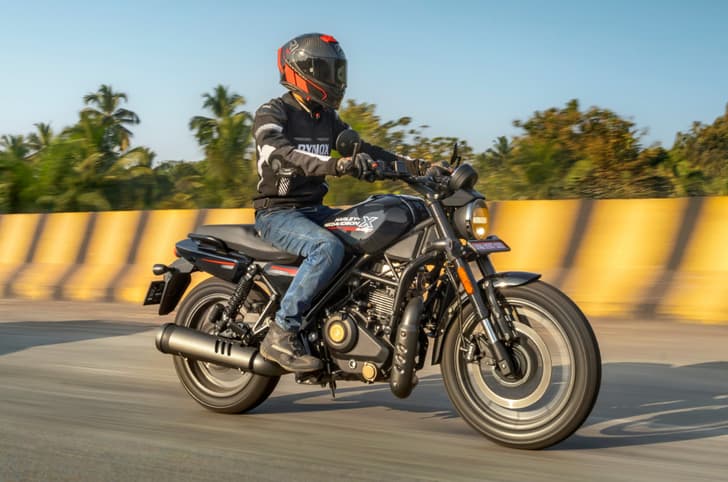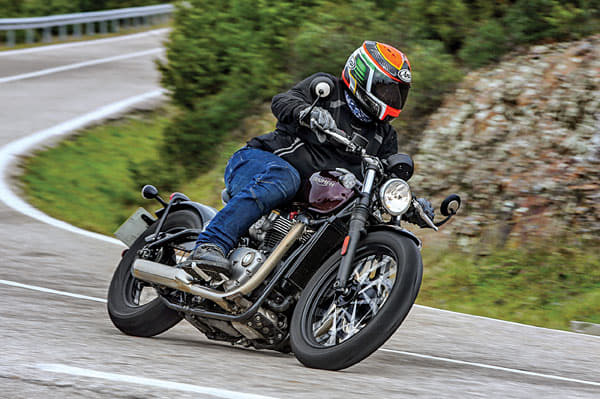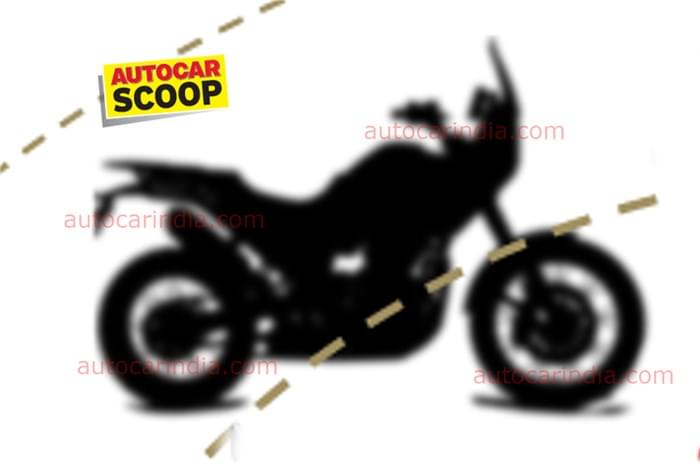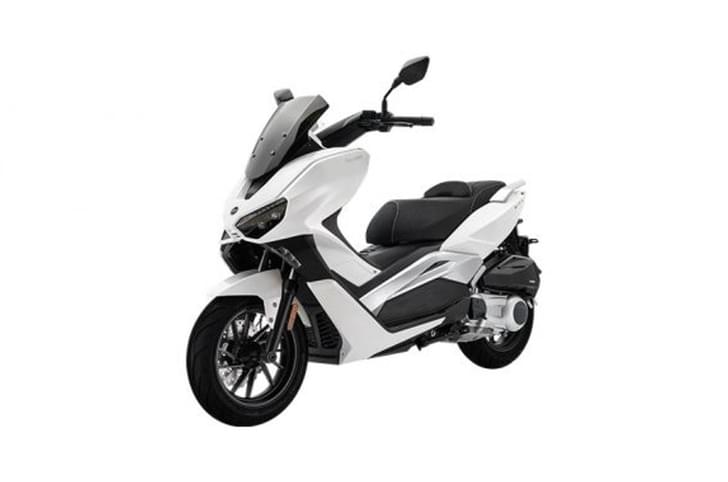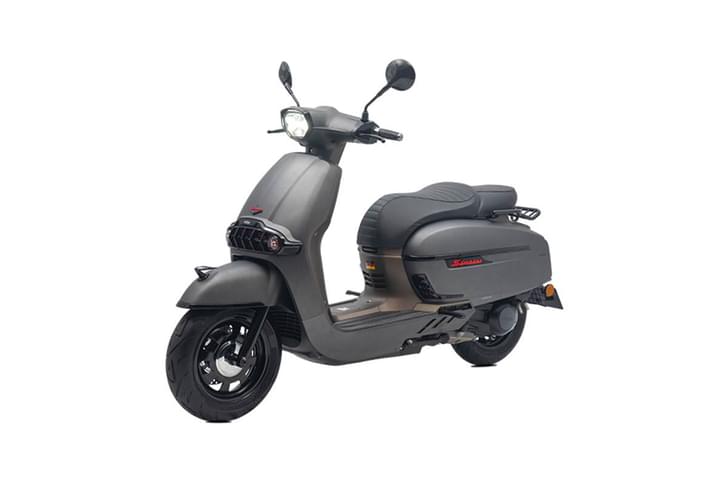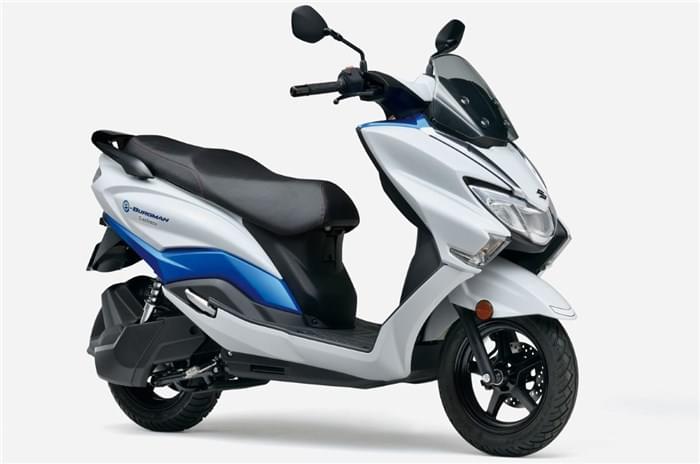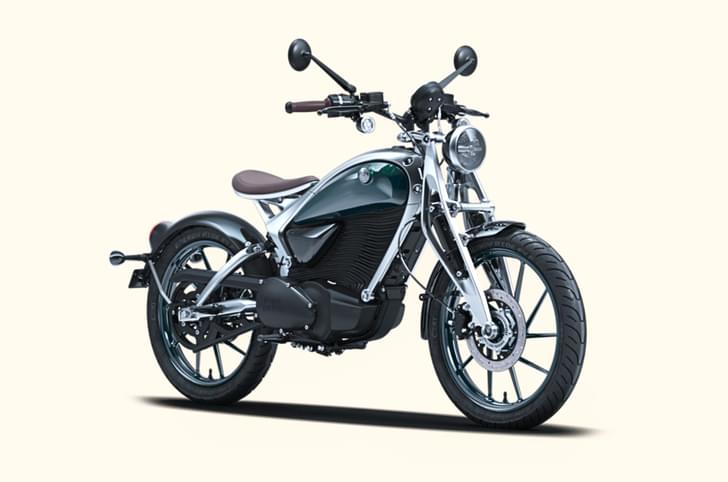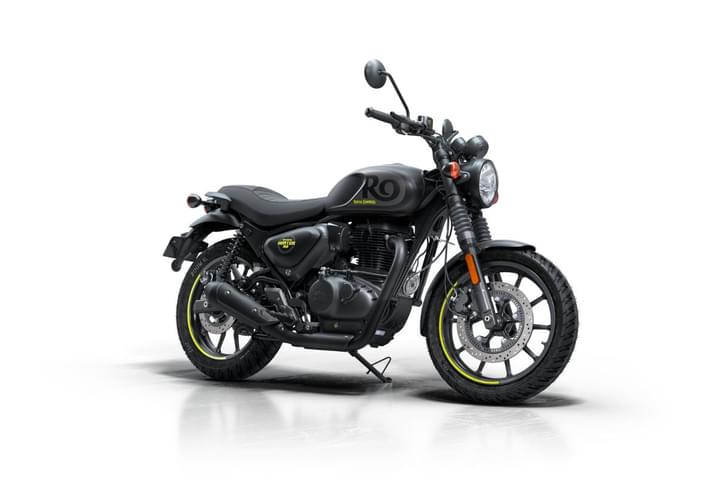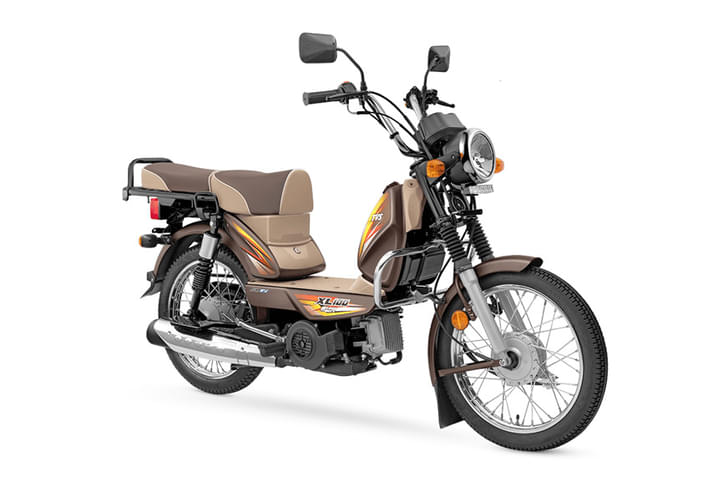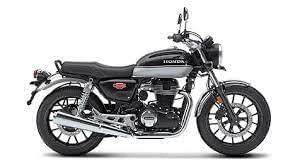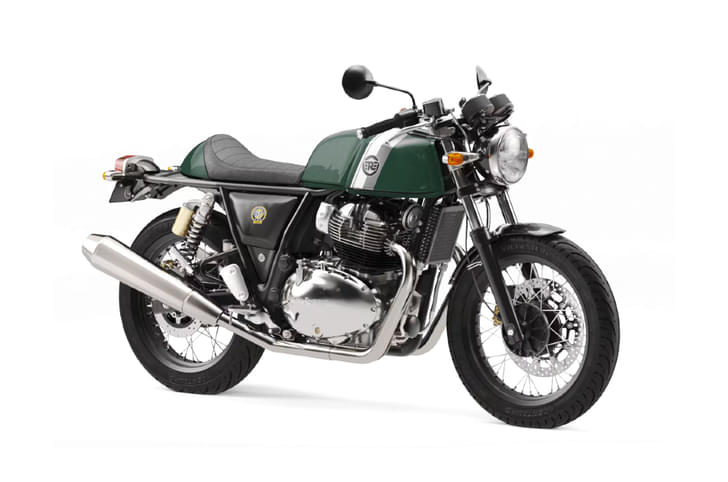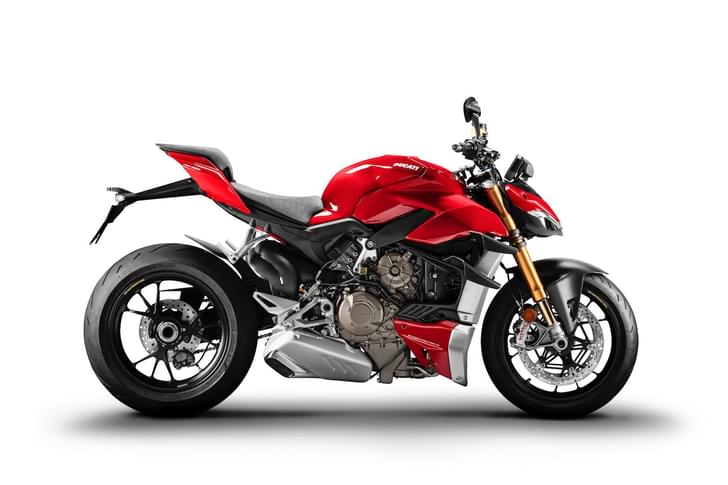Until recently, I would’ve given an arm and a leg to ride the MV Agusta F4 – the most beautiful superbike in the world, in my opinion. Just a few months ago, I got to ride it, that too at the Madras race track. Sounds like a dream come true, right? Well, I actually came away rather disappointed. Its riding position is too tall, even for my 5-foot-10-inch frame. The overall ergonomics are excessively aggressive and, worst of all, in today’s day and age of cutting-edge litre bikes, the F4 feels positively primitive. They say you should never meet your heroes. So, I have all of this running through my mind just before I get on its smaller sibling, the F3 800. It’s quite similar to the F4 when it comes to looks, so the riding experience should be similar too, right?
A WORLD APART
Wrong! The moment I straddle the F3, I know that this is an entirely different beast. Smaller, narrower and more importantly, shorter. I’m immediately comfortable with its 805mm saddle height and the bars feel closer and slightly taller as well. Make no mistake, it has a committed supersport posture, but I get a feeling that this is something I could get used to. Thumbing the starter, however, brings back some of the earlier doubts. At idle revs, it almost sounds like something in the engine is broken, with a strange rattle emanating from under the bike. But the moment it gets going, I breathe a sigh of relief as that rattling gives way to a muffled rasp that hints at a sonorous symphony from the three tiny slash-cut exhaust pipes.
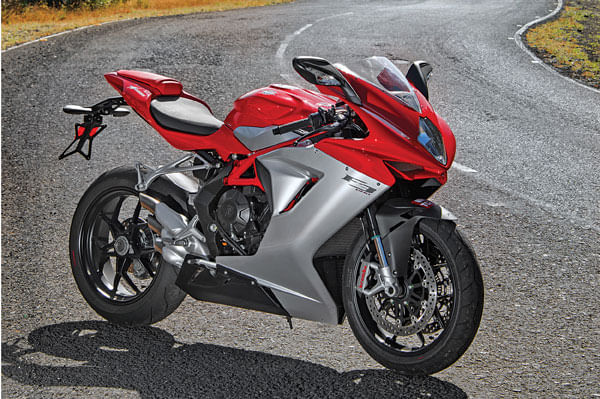
ITALIAN STALLION
The source of all that aural amusement is a three-cylinder motor that’s been derived from MV’s 675cc mill from the baby F3. With the same bore, but a longer stroke, its cubic capacity has gone up to 798cc, ensuring that this new motor packs a lot more torque – there’s a full 88Nm coming in at 10,600rpm. Even with a lower redline than the 675, this motor manages a healthy 148hp of peak power. But these numbers mean nothing when you’re pootling about in the city. In the urban environment, what’s most impressive is the throttle response. Even though the slightly ancient- looking digital instrument cluster proudly shows the engine map set to ‘Sport’, the throttle response is extremely linear and predictable. It’s amazing how many sportbikes these days get this wrong, even with all their fancy electronic skullduggery. The F3 is a shining example of ride-by-wire throttle done right.

Highway riding is a whole different story, though. As the digital rev counter rapidly climbs beyond 7,000rpm, the exhaust note goes into an absolute frenzy. The rasp turns into a roar and the F3 shoots ahead ferociously, with the front end skipping as it tries to claw its way into the air, but is kept firmly in check by the MVICS traction control. This system offers four riding modes (Rain, Normal, Sport and Custom), as well as eight-step switchable traction control. With TC on 8, the F3 feels like a vicious dog with a large muzzle, so the next step is to turn that down to a more reasonable, and probably more fun, 4. However, navigating the archaic menus using the barely usable buttons on the handlebars is another thing all together. But once the ride mode is set, the beautifully set-up throttle allows for precise control as the bike pops small, manageable power wheelies when you give it the beans.
MIND CONTROL
As impressive as the motor’s performance is, what is absolutely shattering is the way it turns into corners. In typical MV fare, the F3 uses a combination of a steel trellis frame and an aluminium mid-section, along with a longish single-sided swingarm for added stability. Still, the wheelbase is a short 1,380mm, which, along with a light, dry weight of just 173kg, explains its love for responding swiftly to handlebar inputs. A little nudge, and the F3 has already turned in to the corner, ready to be shot out the other end like a cannonball. To be honest, it feels almost telepathic; just think about it and you’re already going in the direction of your thoughts. Assisting in this incredible handling prowess is a suspension setup consisting of fully adjustable 43mm Marzocci separate function forks and a fully adjustable Sachs monoshock at the back as well. With the default settings dialed in by the MotoRoyale technicians, the F3 felt perfectly suited to my rather large bulk, providing a well-damped ride over most bumps on the road. It’s not plush by any means, but it can handle itself on public roads just fine.
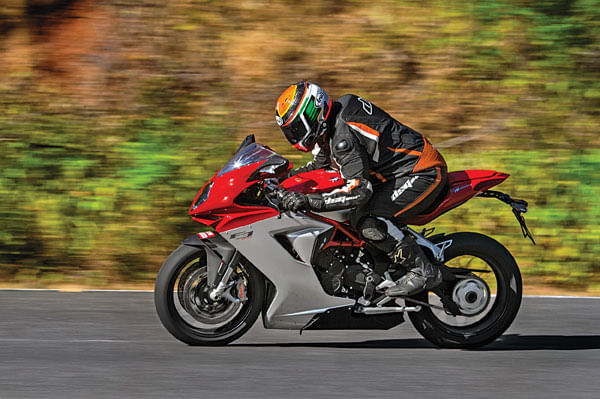
With Pirelli Diablo Corsa rubber on the wheels, the F3 feels perfectly stable mid-corner as well, even when carrying fairly heavy lean angles. And the equipment is just as good when it comes to bringing the F3 to a halt. The high-spec Brembo brakes help to shed speed quickly and without drama. However, the brakes did require a short squeeze to pump them, before the pads in the monoblocs clamped down hard on the twin front discs.
HERO WORSHIP
I’ve never been a big fan of supersport bikes, but dropping the F3 off after the test ride was a heart-wrenching experience. My sore muscles did remind me that it’s still a committed track warrior that just about manages daily duties, and not an all-round machine by any means. But the buzz at the end of the ride was akin to an intense workout, leaving me physically battered, but on a crazy endorphin high. The pincher here is that in true MV Agusta fashion, it will cost you an arm and a leg to get one, or rather about 17 lakh arms and legs. But is it worth it? There are other bikes which offer a similar performance at a significantly lesser price. But honestly, if I had the cash, there would be no question. They say you should never meet your heroes. Well, I say find the right ones and the meeting will be one of the most incredible experiences of your life.









